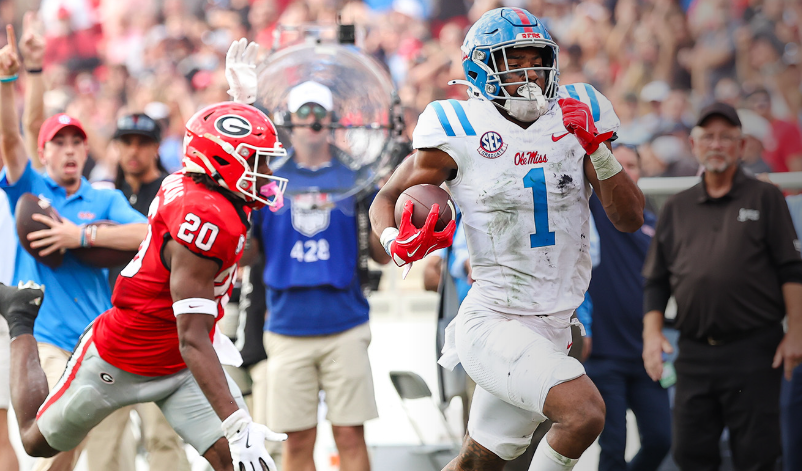SBJ: The BCS’ big revenue split
Is revenue distribution ‘fair and appropriate’ or too partial to the powerful? It wouldn’t be the BCS without a controversy.
The Bowl Championship Series will distribute $142.5 million of revenue from its five bowl games, with 81 percent of it — $115.2 million — going to the big six conferences.
The majority of the rest — $24 million — goes to the coalition conferences: Mountain West, Western Athletic, Conference USA, Mid-American and Sun Belt. Notre Dame, as an independent member of the BCS, takes $1.3 million.
Sound a little uneven? Not really, says BCS Executive Director Bill Hancock. Schools from those big six conferences accounted for eight of the 10 teams in the BCS bowls, so those conferences should take roughly 80 percent of the total payout.
“It’s a fair and appropriate distribution of the revenue,” Hancock said.
The distribution is based on a formula created in 2004 by the BCS commissioners and approved by the BCS Presidential Oversight Committee. The revenue distribution has varied little over the four years of the most recent media contract with Fox, which pays an average of $82.5 million annually. The media deal accounts for most of the revenue, while the rest comes from revenue generated by the Sugar, Rose, Fiesta and Orange bowls, and the national championship game.
Starting next year, the payouts will be even more, thanks to a new four-year rights-fee deal with ESPN that will average $125 million a year, all of which is distributed to the schools.
The money is paid annually by an escrow agent, Heartland Bank of Leawood, Kan., and each year’s distribution completely empties the account, Hancock said, meaning all of the revenue is distributed.
But wherever the BCS goes, controversy is sure to follow and it’s no different when it comes to distributing the revenue. Not everyone agrees with the BCS’ method of dispersing funds, mostly those from the coalition conferences.
It’s really a question of value, says WAC Commissioner Karl Benson. When a Utah shocks an Alabama or a Boise State stuns an Oklahoma, doesn’t that demonstrate the value of those teams and conferences to the BCS? Shouldn’t the payout to the conferences like the WAC and the Mountain West that send teams to the BCS look like the payout to the big six conferences?
SportingNews.com
1/25/10







